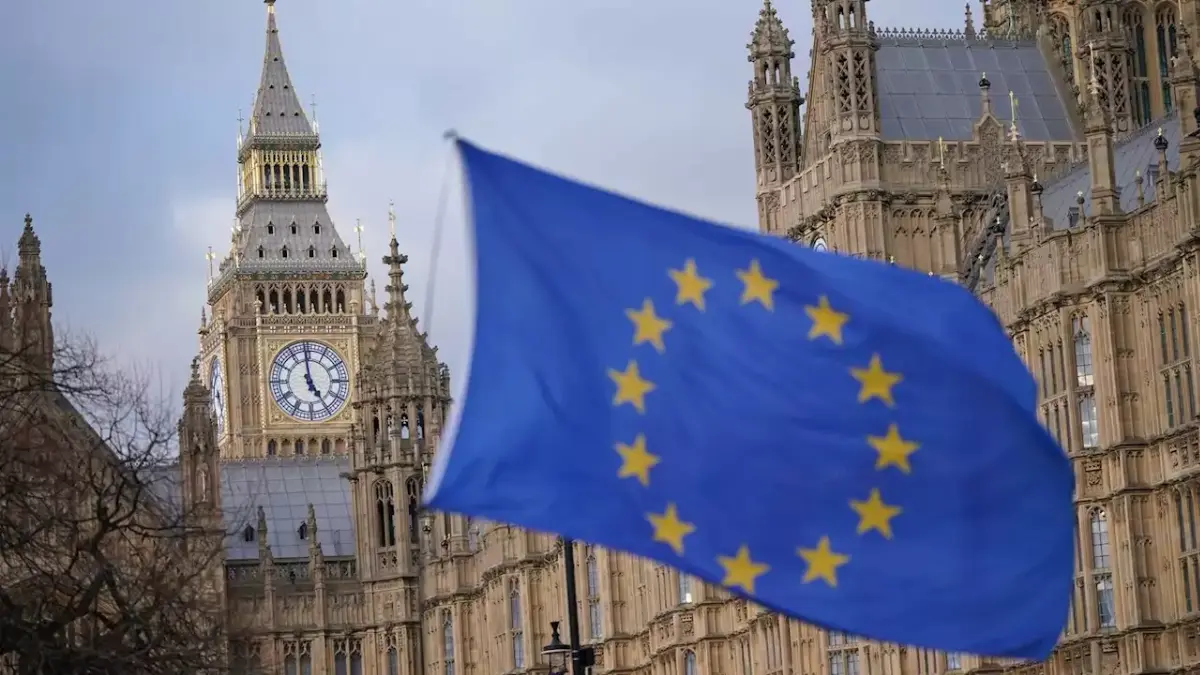
Do you want to access to this and other private contents?
Log in if you are a subscriber or click here to request service
Windsor framework, first reactions in Great Britain
The Food and drink federation expresses perplexity and fears price increases

The Windsor Framework, the agreement signed last Monday between the United Kingdom and the European Union aimed at making trade between Great Britain and Northern Ireland more fluid, it was received "cautiously" by organizations representing the UK's food and drink industry. Not a small industrial branch, given that it is the largest manufacturing sector in the country: it represents 19% of the total...
lml - 29703
EFA News - European Food Agency
◄ Previous page
EFA News - European Food Agency